Come Visit Us at DisruptED Future!
It’s amazing what can happen in a year and it’s certainty more incredible when you consider the speed at which technology is evolving! Red River College’s Applied Computer Education department has been using technology to simplify education for students and educators alike. Between January 30 and 31st, we invite you to visit us at the DisruptED Conference to find out what we are doing in the areas of virtual reality, project management, and online learning. We’ll be on hand to help you participate in one or more technology demonstrations.
Demonstrations
Humanizing Technology with VR
We’ve been using VR in the classroom over at the ACE Project Space to help students improve their presentation skills. Using this tool along with encouragement from our instructors, students have gone from terrified to terrific in less than a term. Take a test drive and see for yourself the difference VR makes!
Simplifying Project Management with Ralphware
With the high number and variety of industry projects entering the ACE Project Space every term, our resident project space instructor, Ralph Dueck, found a need to provide a quick, simple, effective, and repeatable way of managing agile projects using the Scrum methodology with students and their clients. See how Ralphware has been used effectively over the past two years to keep students on track in a fast-moving project-based environment.
Using Online Learning to Create Mentorship Opportunities
The competency-based education (CBE) model has been used at the ACE project Space to provide students with opportunities to develop and prove their skills. The focus is less on lectures and more on experiential education and mentorship. Instructors in Applied Computer Education are updating their courses to enable their course content to be taught in online and blended learning formats. Learn how you can incorporate online learning in the classroom while freeing up time for providing in-class mentorship opportunities.
About the Conference
DisruptED Future is a two-day conference where the local tech industry and educational institutions meet to inspire the next generation of innovators. The conference is being held at the RBC Convention Centre located at 375 York Avenue, Winnipeg, Manitoba.
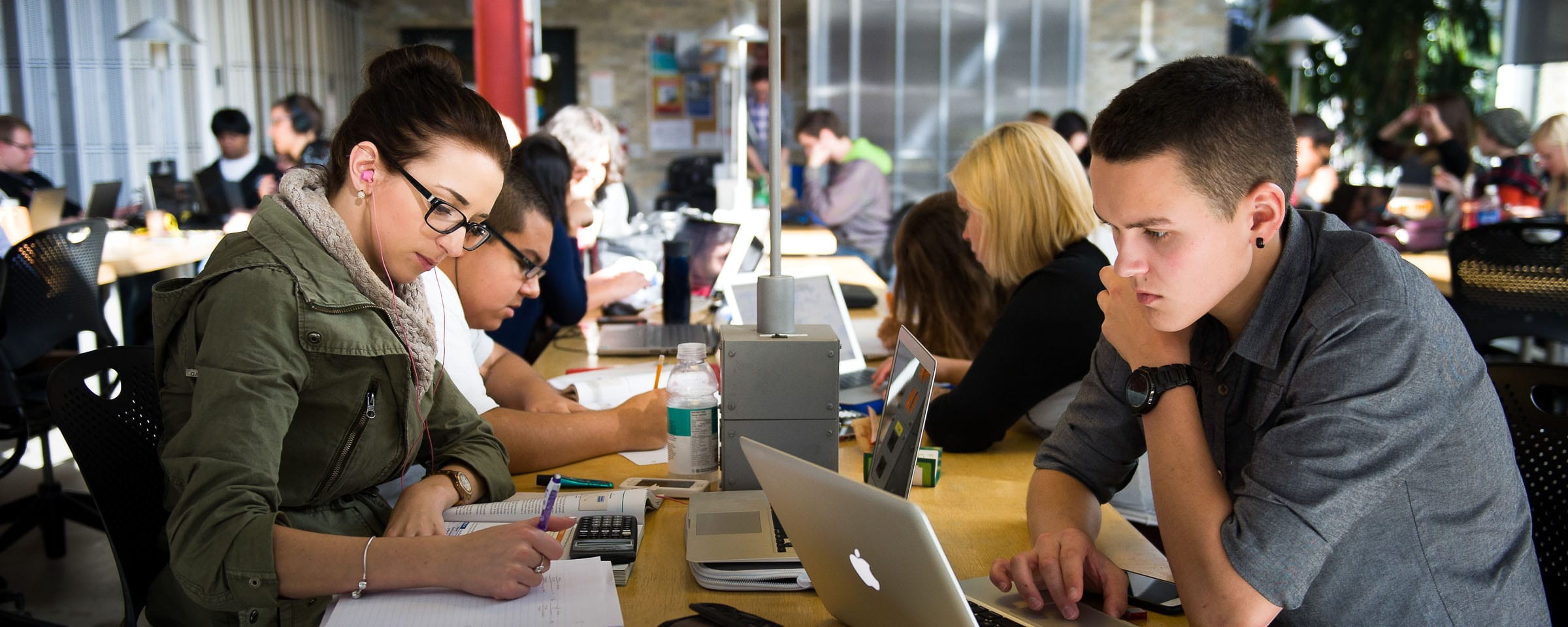

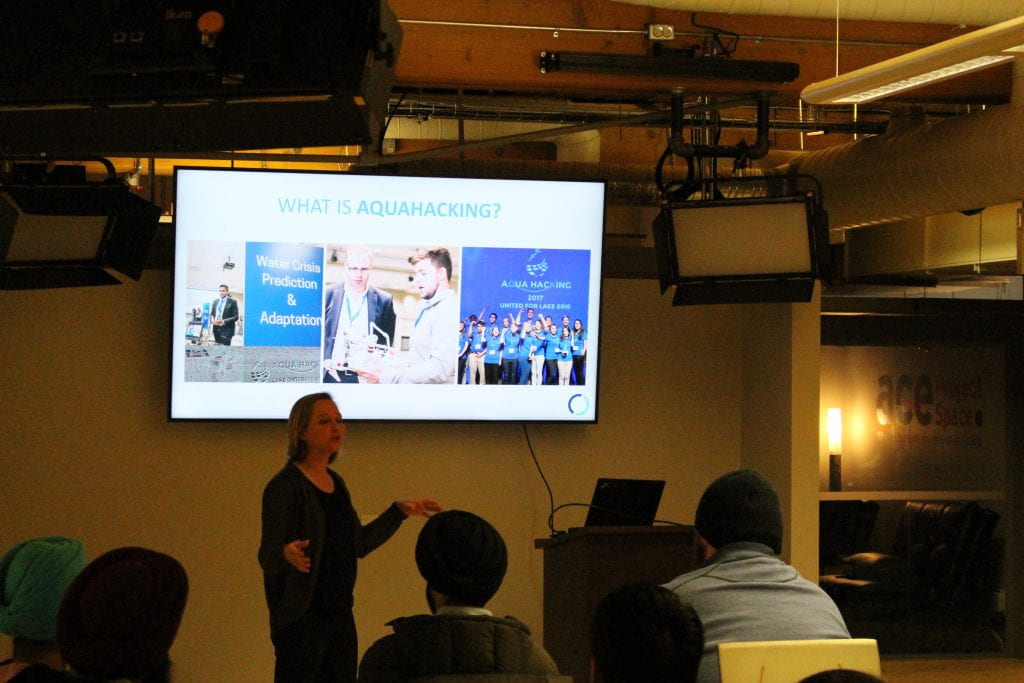

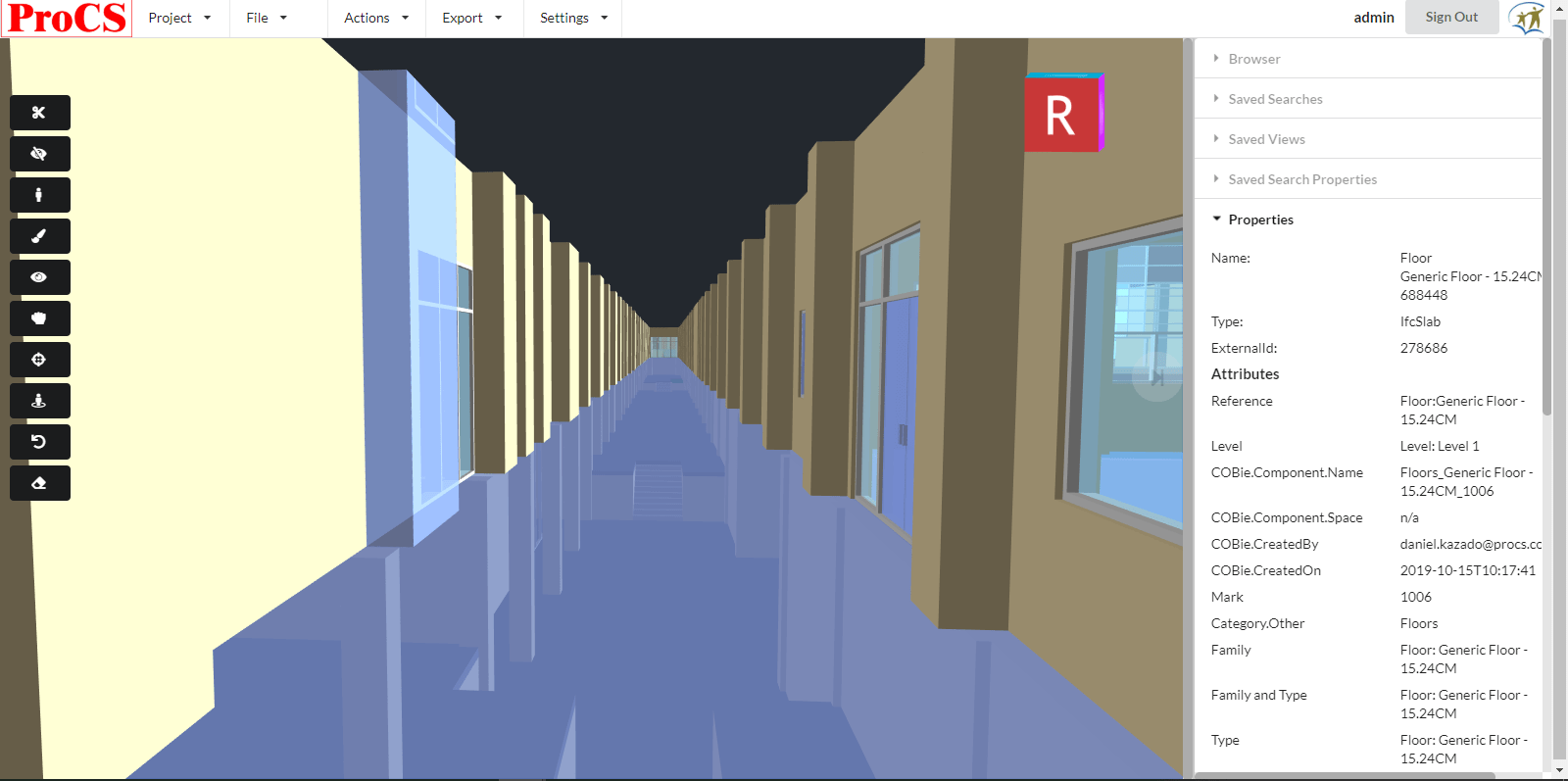
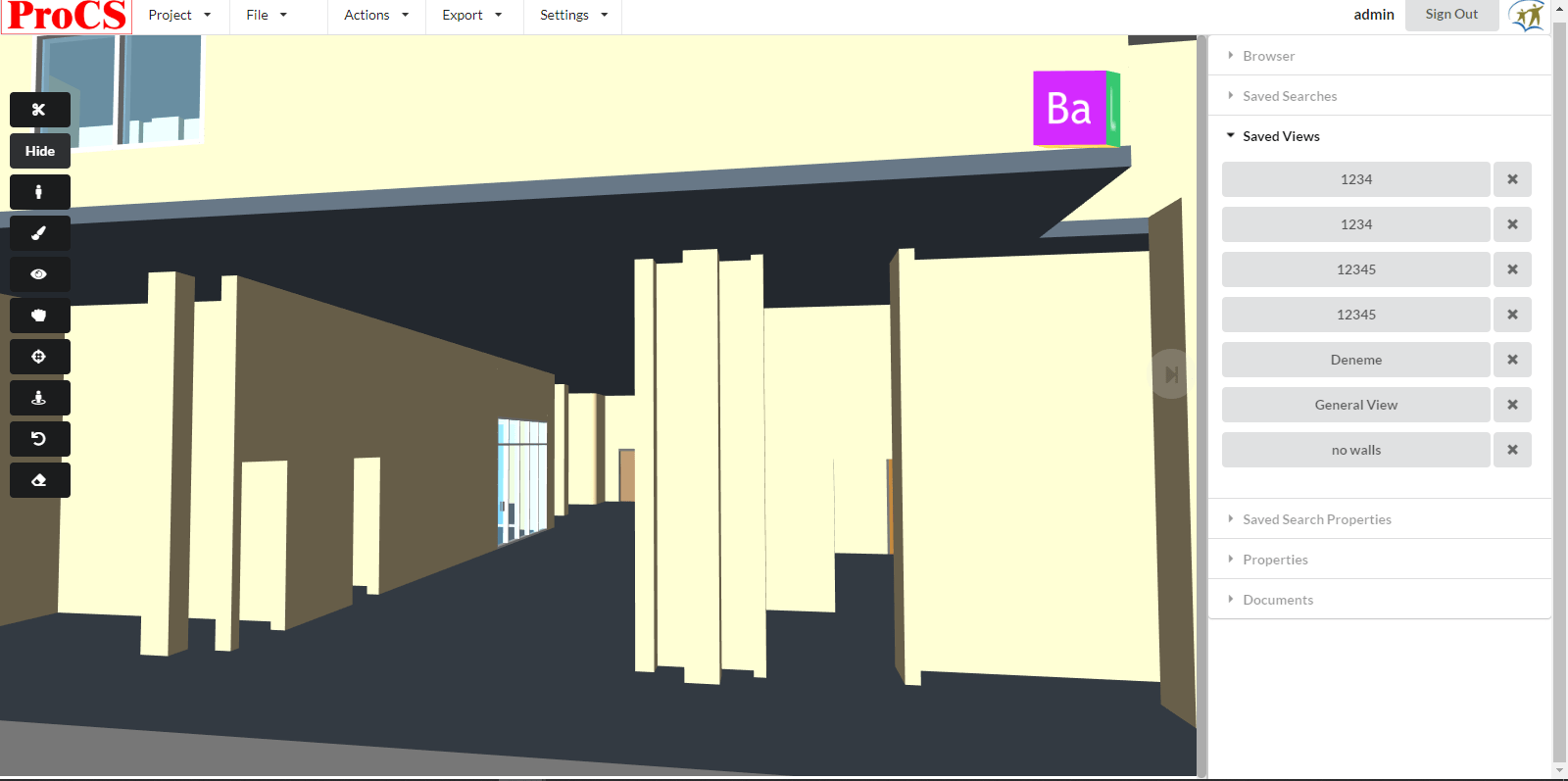
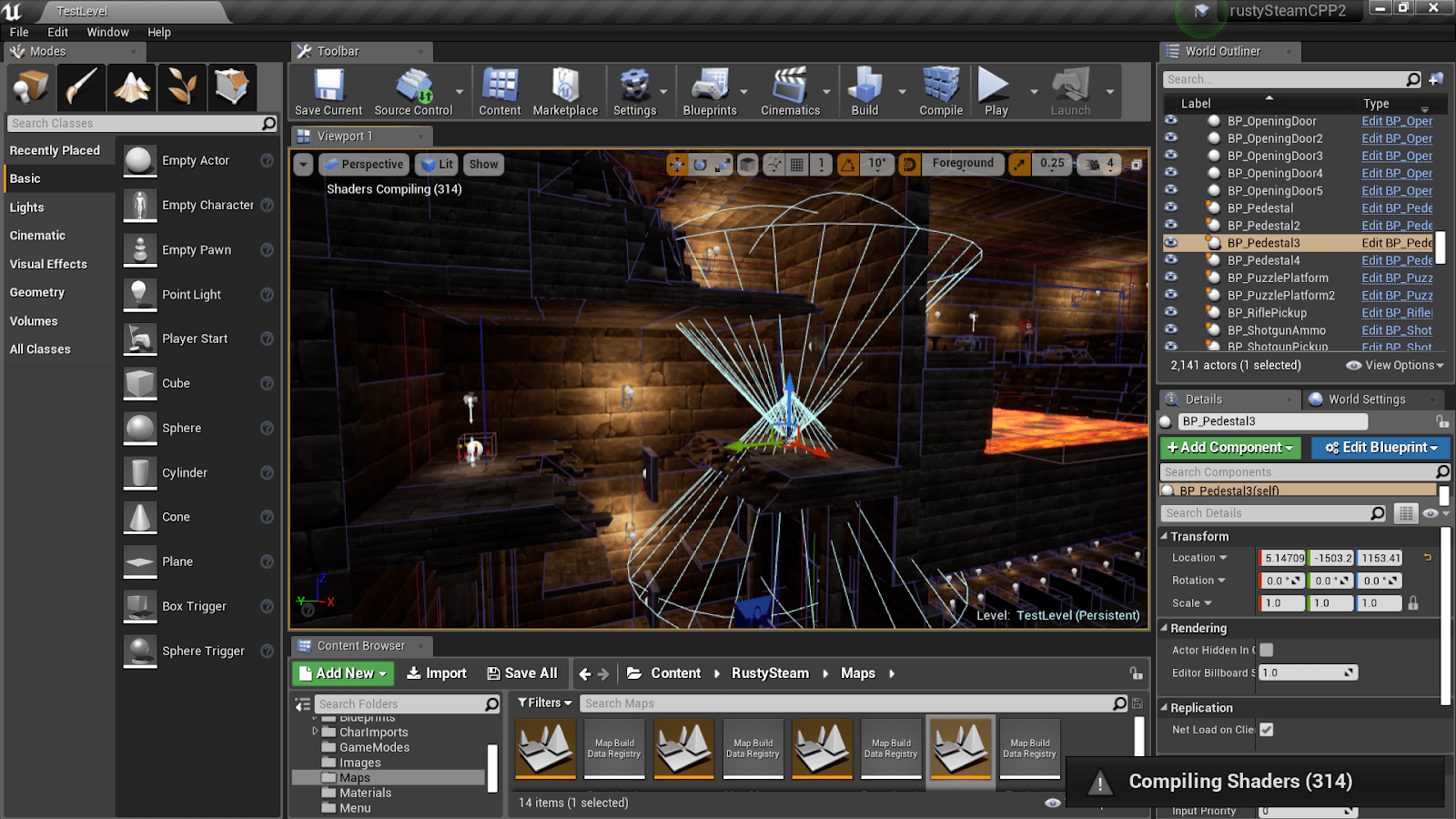
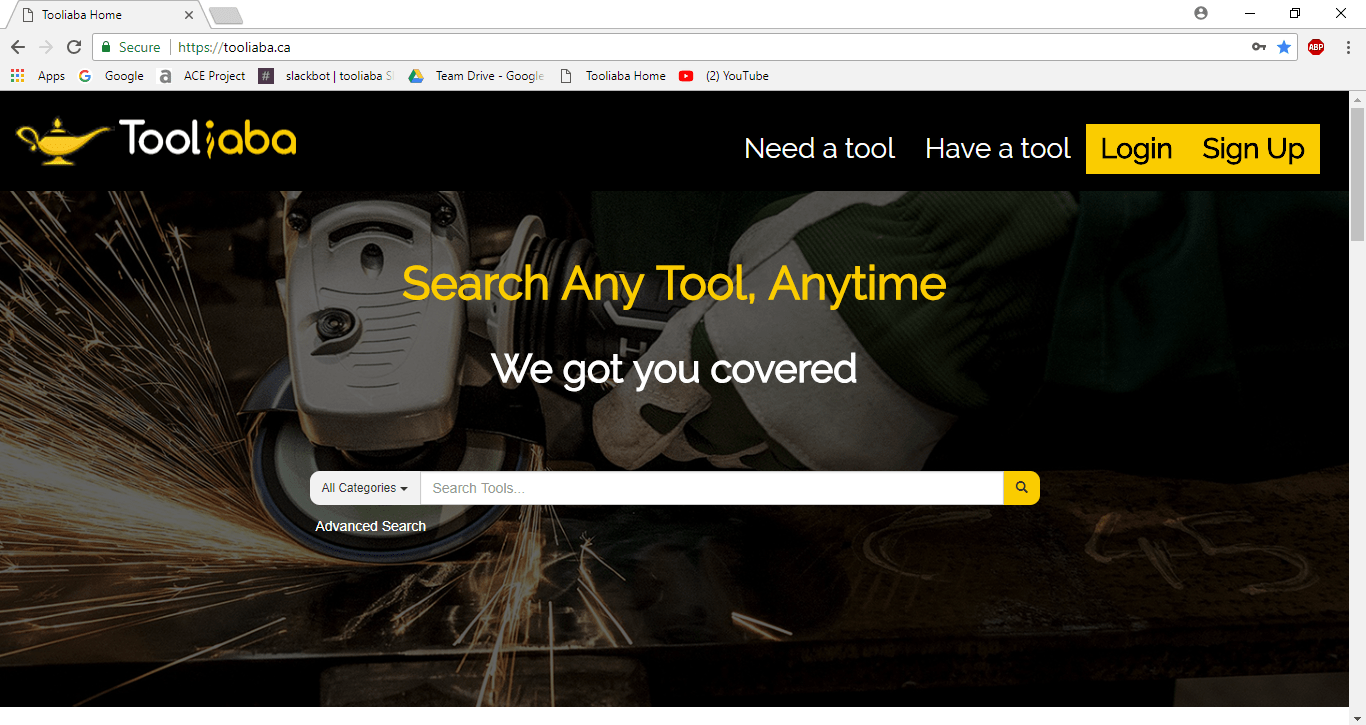
 Project Term: Winter 2018
Project Term: Winter 2018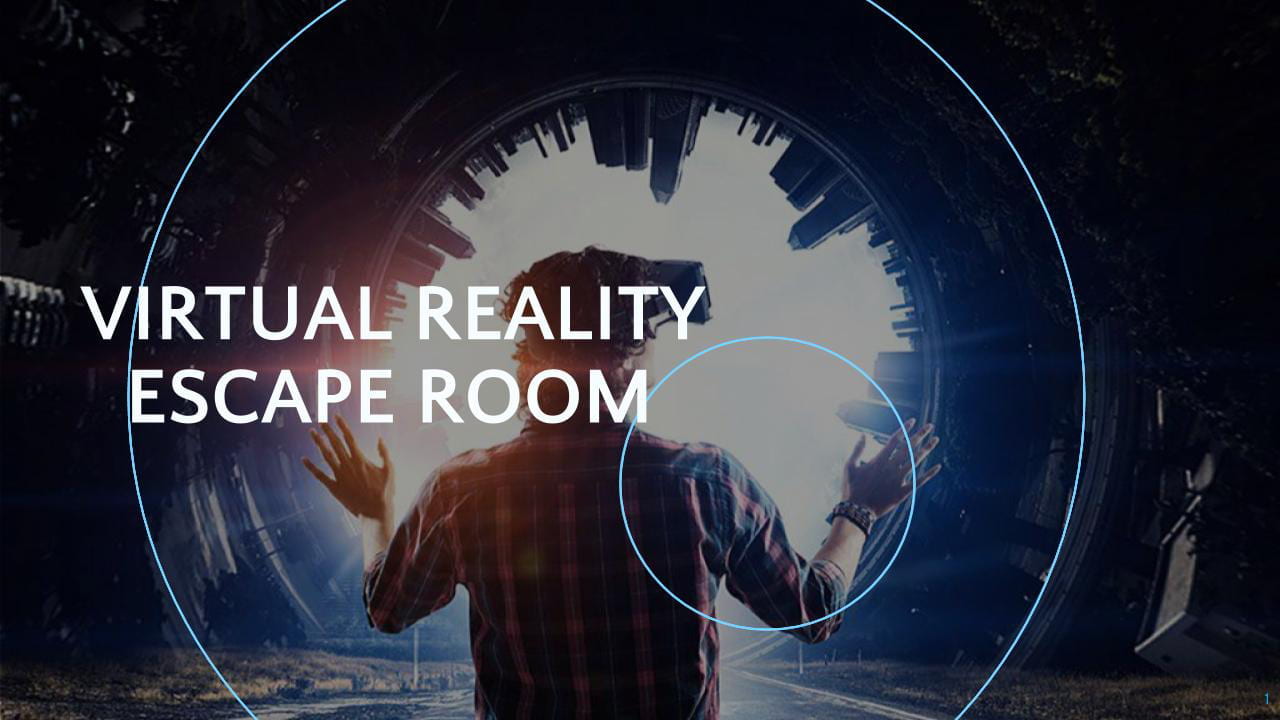 Project Term: Winter 2018
Project Term: Winter 2018